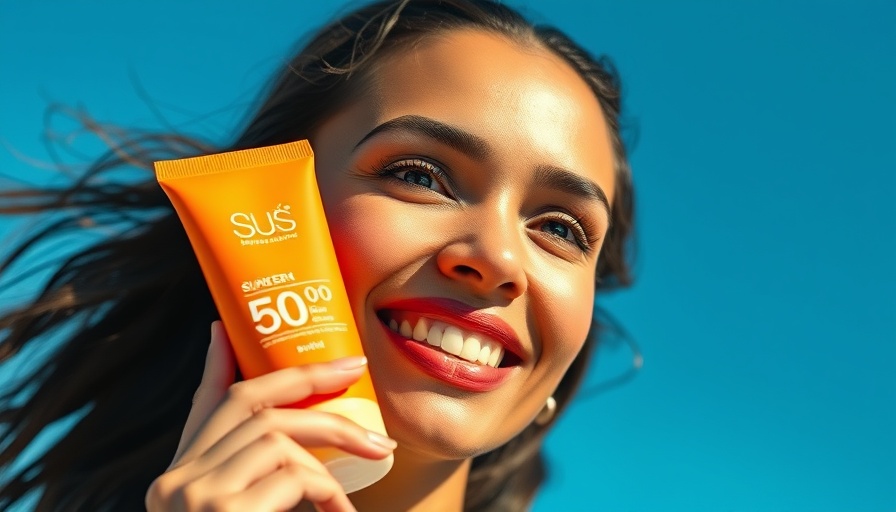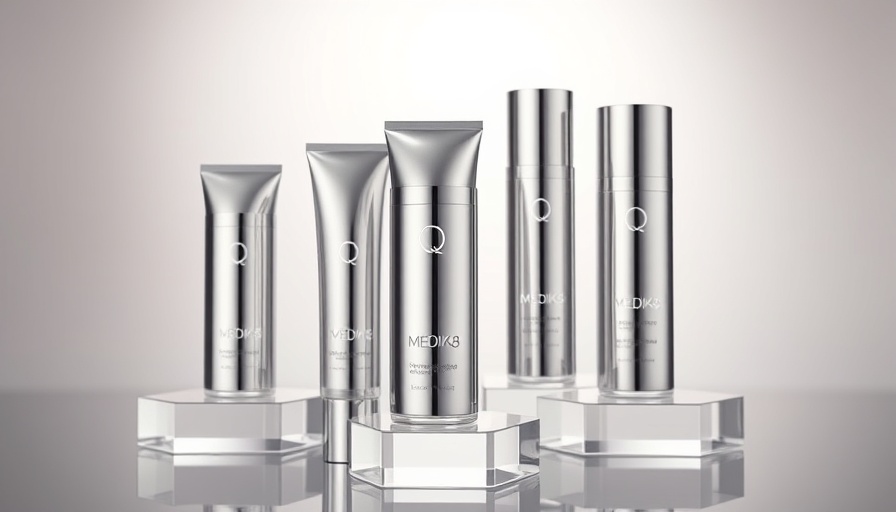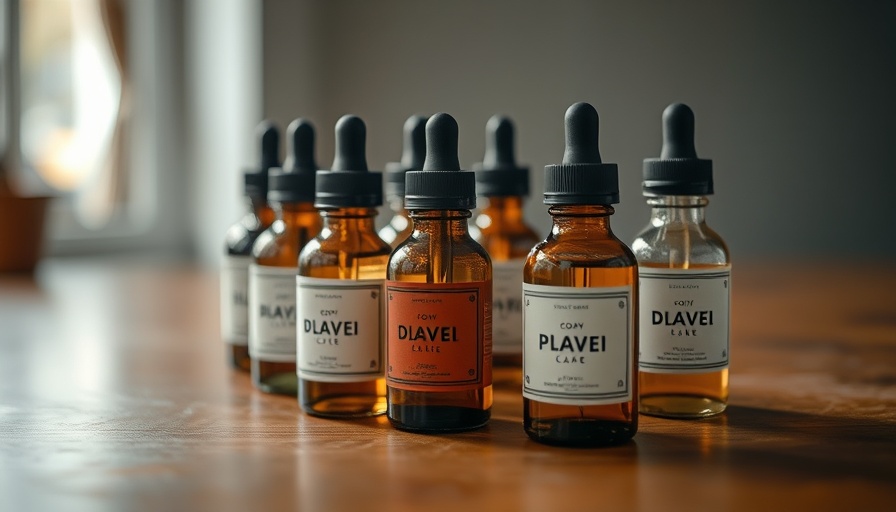
Understanding the No White Cast Dilemma in Sunscreens
The beauty industry has been buzzing about Tower 28's recent misstep with its SOS FaceGuard SPF 30 Mineral Sunscreen, marketed as having a "universal tint" and leaving "no white cast." However, the brand faced backlash when influencers and cosmetic chemists stated that the finished product didn’t deliver on its promises. Tower 28's founder, Amy Liu, quickly addressed the controversy, acknowledging her misjudgments in advertising and committing to reformulate the product to better serve all skin tones.
Why Misleading Claims Matter
In an industry where inclusivity and trust are paramount, misleading claims can alienate consumers. Mistakes like Tower 28’s can tarnish brand reputation and customer loyalty. Liu's admission points to the necessity for brands to be transparent and authentic in their marketing. As consumers, we deserve clarity in the products we use, especially when it comes to cosmetic safety and efficacy.
The Science Behind Mineral Sunscreens
Mineral sunscreens are made with physical blockers like zinc oxide and titanium dioxide. According to cosmetic chemist Krupa Koestline, achieving a formula that leaves absolutely no white cast is currently unrealistic. Even with advanced technology to disperse the particles, some residues are bound to be visible, especially on deeper skin tones. Liu's oversight highlights the need for awareness among brands about the inherent limitations of mineral formulations.
Finding Solutions: Collaborating with Experts
Moving forward from this incident, brands should embrace collaboration with cosmetic scientists and beauty experts. Cosmetic chemist Javon Ford points out that to minimize white cast effectively, brands need to focus on formulations that include tinted products or use nano-sized zinc oxide particles. The latter option can result in a lighter feel on the skin while maintaining effectiveness.
Enhancing Inclusivity in Cosmetic Formulations
What this controversy ultimately highlights is a broader issue in the cosmetic industry: the gap in representation across product lines. Tower 28 previously launched a product with 17 shades, showcasing their commitment to inclusivity. However, failing to deliver on the promise of a 'one tint fits all' can erode consumer confidence. Moving forward, brands should explore further shades and undertones to cater to diverse consumers.
Encouraging a Culture of Feedback
Brands can benefit immensely from fostering a culture of heightened consumer feedback. Listening to experts and the community will steer future products and marketing choices. Not only does it build trust, but it also poses an opportunity for brands to engage meaningfully with their audience. Liu’s commitment to “keep showing up” is a testament to this engaging approach.
As conscious consumers, it’s vital to demand products that are both effective and honest about their capabilities. Let’s work together towards a beauty industry that values integrity and representation.
 Add Row
Add Row  Add
Add 




 Add Row
Add Row  Add
Add 

Write A Comment